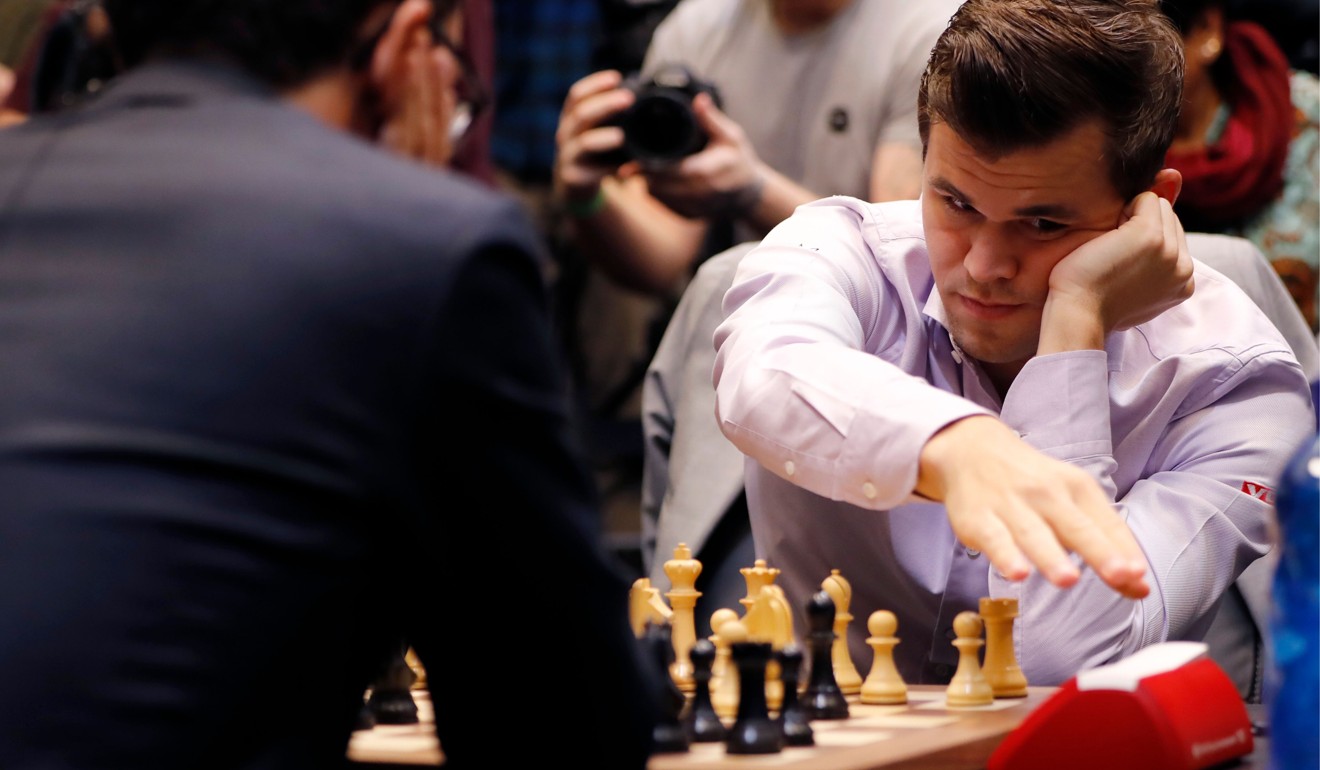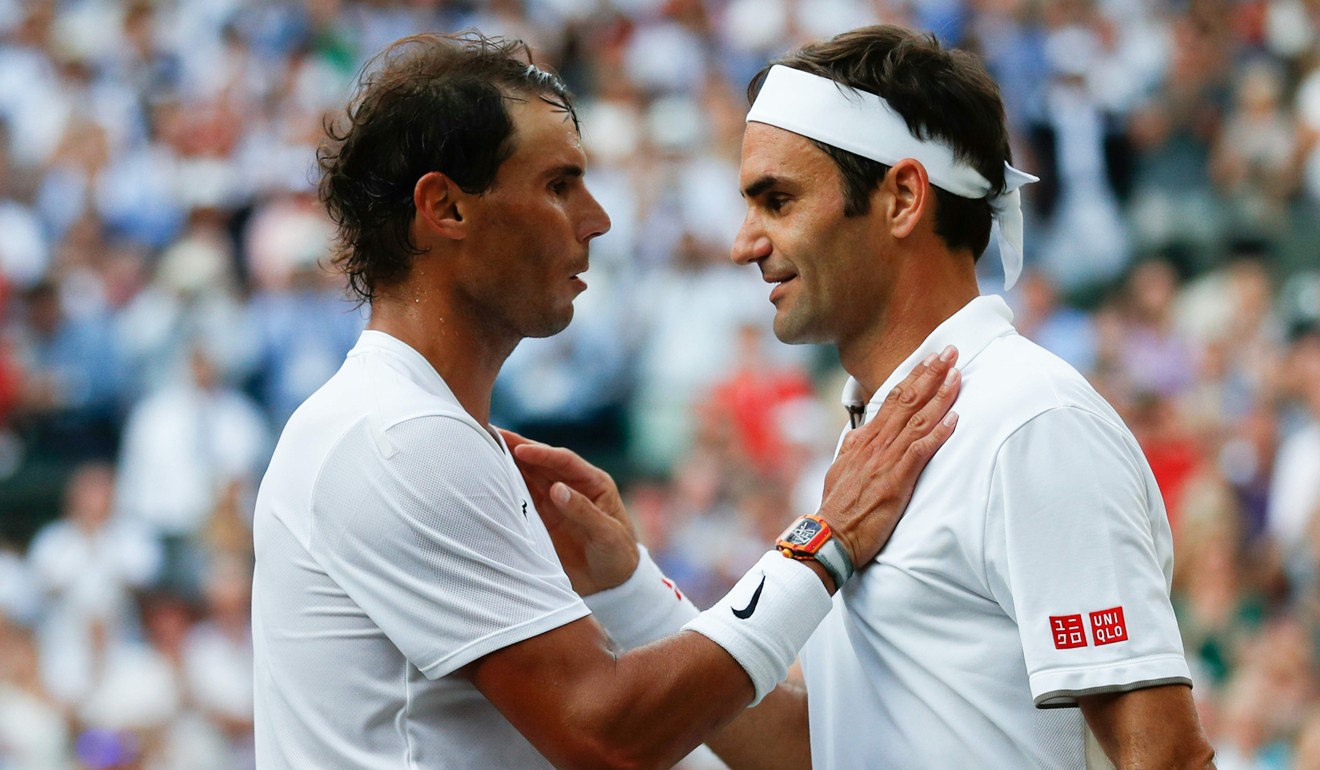
As Boeing looks set to be bested by Airbus, lessons from the tennis court might explain the American firm’s ‘unforced’ errors
- Research has found that established sports players tend to be intimidated into making mistakes when faced with opponents who have risen rapidly in the rankings. Market leaders are vulnerable to the same dynamic
Is this a classic case of a younger rival intimidating an older, better established competitor, resulting in the established player making mistakes and, in this particular instance, losing a long-held leadership position? There are innumerable instances of this in sports.
When we abandoned tennis courts and analysed more than 5 million games from online amateur chess platforms, we found that when competitors are evenly matched, chess players perform worse against opponents they know have been climbing in the rankings.
Kings and pawns: politics cast shadow over Saudi chess tournament
As players rise in rank and reputation, they garner what social scientists call “status momentum”. Upward momentum in an opponent’s career has the power to threaten even established, well-known athletes.
Our study further discovered that those who attained recent success are associated with positive momentum – they are expected to continue doing well in the future.

In tennis, for example, we discovered that players committed more double faults when facing an opponent with status momentum. This type of unforced error suggests that the player’s mental game was faltering. This theory poses a counterpoint to the widely debated “hot hand” concept in sports psychology that suggests a player’s positive momentum can heighten her own performance. Instead, our research examines how a player’s momentum can actually influence the performance of her opponents.
In addition to analysing amateur chess players and players on the Association of Tennis Professionals circuit, we tested our theory with more than 1,800 online research participants. Participants faced various competitive scenarios and took tests to measure how threatened they felt. Results showed they were more threatened by upwardly mobile opponents than by opponents with the same rank who lacked momentum.

And so too in business, those holding an enviable position at the top of an industry can falter when observing the sudden rise of a competitor. Market leaders are frequently the target of competitors that want to gain market share, and will use tactics such as imitating services and prices to gain customers.
Established companies or players can take comfort in the fact that the table can always turn again. These positions are dynamic and ever fluctuating – both due to the actual movements of players, but also because of the errors made by others who are influenced by the movement of still other players.
Dr Niro Sivanathan, an associate professor of organisational behaviour at the London Business School. He is a co-author of “Doppler Effect in Status Competition: The Impact of Status Momentum within Rank Ordered Hierarchies”

